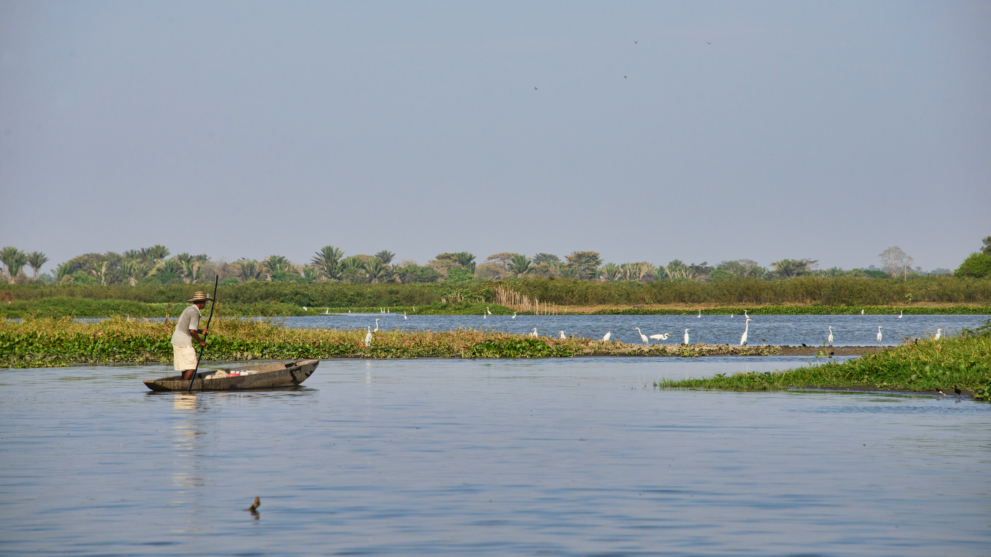Biodiversity: A Business Imperative

The Growing Importance of Biodiversity
The decline in nature threatens nearly a million species with extinction and severely ecosystem integrity, globally. In recent years, the issue has gained prominence in public discourse and corporate communications. The 16th Conference of the Parties (COP16) to the United Nation’s Convention on Biological Diversity (CBD) in Colombia underscored the urgency for international action and effective implementation of the Global Biodiversity Framework (GBF), an ambitious international agreement to halt and reverse biodiversity loss by 2030 and achieve a harmonious relationship with nature by 2050.
Role of Businesses and Financial Institutions
Businesses have a crucial role in restoring and protecting nature. By doing so, they also address risk and strengthen their resilience, as most value chains and business operations depend one way or another on ecosystem services. Key actions include biodiversity integration in decision-making, developing nature-related transition plans, reducing negative impacts, investing in activities that protect and restore biodiversity. The GBF encourages the mobilisation and scaling-up of nature-related finance from all sources, public and private. This includes reforming harmful public incentives, and promoting innovative financial solutions.
Regulatory Developments in the European Union
Recent EU regulations like the Corporate Sustainability Reporting Directive (CSRD) and Regulation on Deforestation-free Products (EUDR) aim to strengthen environmental and social sustainability into business strategies. These require enhanced reporting and due diligence measures to ensure corporate activities do not contribute to deforestation and nature loss.
BNP Paribas’ Commitment to Biodiversity and Natural Capital
BNP Paribas recognizes biodiversity and natural capital as one key pillar of its sustainability strategy. The Group includes criteria related to biodiversity, natural capital and deforestation in its financing and investment policies. It engages constructively with clients, offers products and services related to the conservation and restoration of nature, and allocates investments towards biodiversity-themed funds. BNP Paribas also supports research and development through philanthropic partnerships and business initiatives such as the TFND. In 2018, it supported the launch of Act4Nature International, a coalition of large businesses to support commitment building towards nature. In 2022, BNP Paribas Asset Management also supported the launch of NatureAction100, a coalition for stewardship on nature, at COP15 of the CBD.
BNP Paribas refers to science and the main drivers of nature loss defined by IPBES to prioritize its action. It recognizes linkages with the ocean and climate change mitigation and adaptation. According to Camille Maclet, BNP Paribas Group’s Biodiversity and Natural Capital Expert, “we engage with our clients to support their management of nature-related risks and impacts, relying on robust approaches, recognizing that nature is diverse and each business may have specific exposure and means of action”.
As part of its 2022-2025 strategic plan, BNP Paribas committed to reaching €4 billion by 2025 in financing for activities that support terrestrial and marine biodiversity conservation. This objective was exceeded in 2023, with €4.3 billion allocated.
Read the full article here: Acting to protect and restore biodiversity is also a business issue – BNP Paribas
Find more details in BNP Paribas’ Climate Report 2023 here: bnp_paribas_2023_climate_report.pdf
– This contribution is brought to you by BNP Paribas, a valued bronze event partner of Building Bridges 2024.
